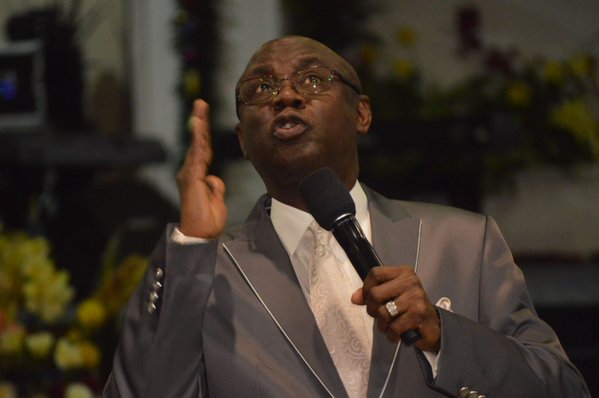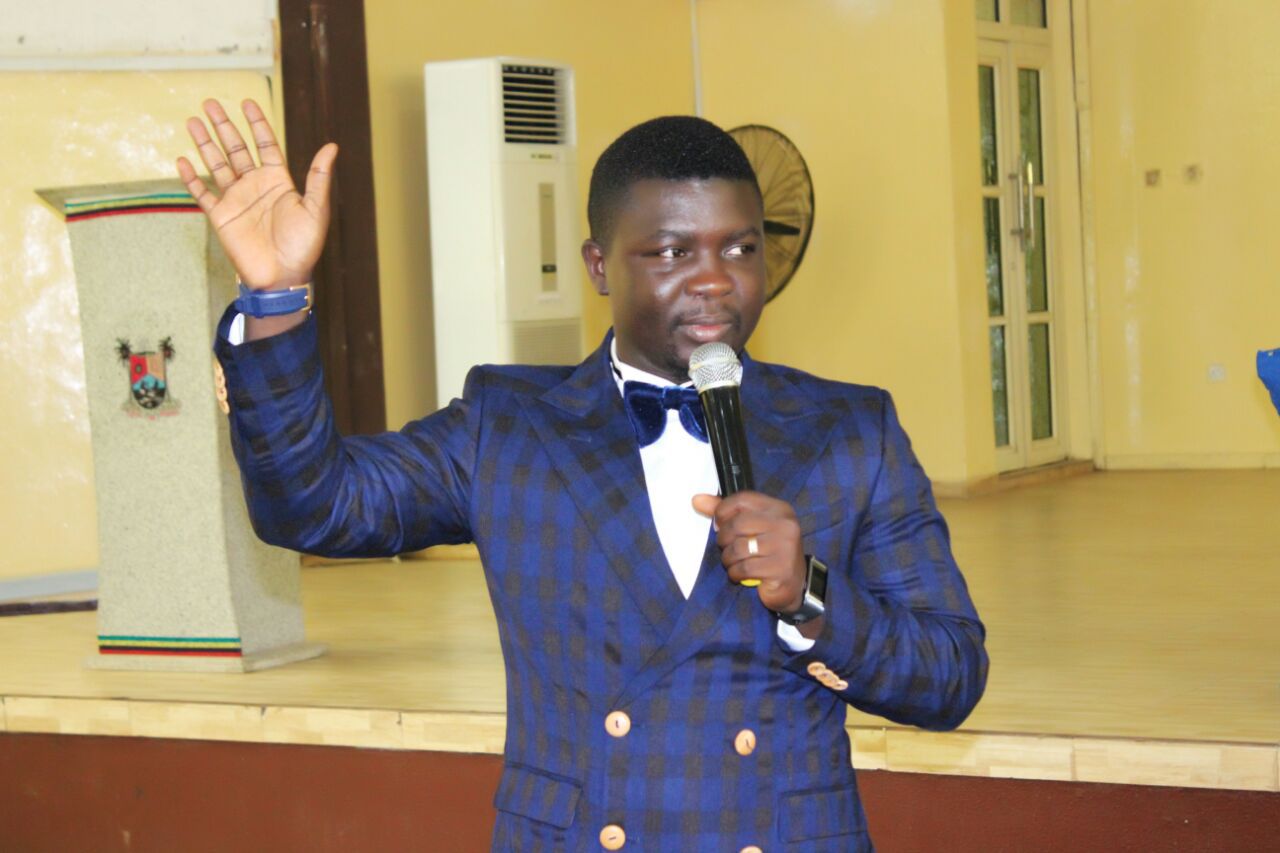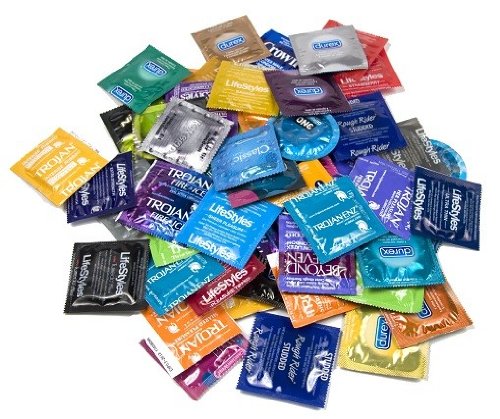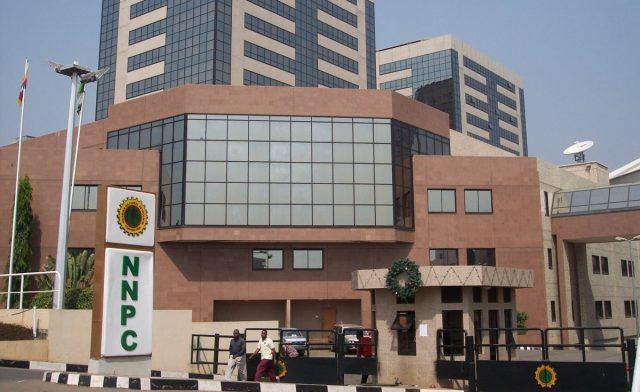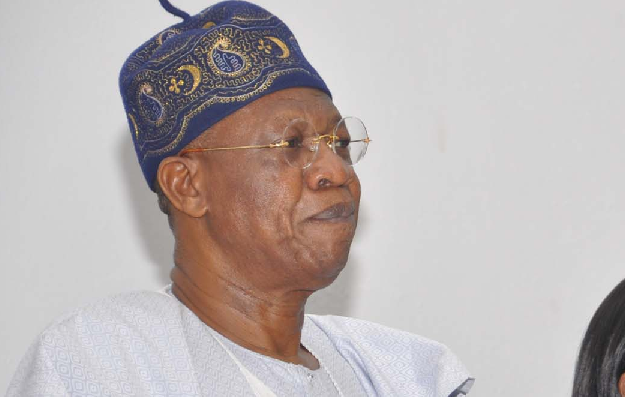Tunde Bakare, convener of the Save Nigeria Group (SNG), who was in the frontline of the protests against the removal of subsidy under former President Goodluck Jonathan, says the liberalisation of the sale of petrol by the current administration is justifiable.
Reacting to criticisms which trailed the refusal to protest the hike in fuel price as a result of the policy, the fiery cleric said the circumstances in 2012 differ from the current situation.
Bakare explained that he and other civil rights were still holding their views on the economic arguments behind fuel subsidy removal just like they did in 2012.
“In 2012, we were not against the economic arguments behind fuel subsidy removal. Instead, we wanted the government to investigate the subsidy regime, bring culprits in the maladministration of that regime to book and recover stolen funds before commencing the policy discourse around subsidy removal,” he said.
Advertisement
“We have not changed our earlier conviction in spite of a change in government. We have only acknowledged that the new government has persistently demonstrated its anti-corruption stance while seeking policy solutions to the economic crisis, though there have been gaps in policy management.
Comparing the situation under Buhari with that of Jonathan, Bakare recommended complete deregulation of the petroleum sector.
He also faulted government for not “consulting widely” before implementing the policy which jerked the price of petrol.
Advertisement
“To begin with, unlike the 2012 situation when the price of crude oil was over $100, the global economic condition is highly unfavourable with the fall in crude oil prices from about $65 when the current government came into power to about $48 presently,” he said.
“The depletion of external reserves through years of mismanagement and corruption, coupled with the fall in crude prices, has severely weakened the naira in relation to the dollar. The Naira was 218 to a dollar at the parallel market as at the time the new government came into power; it is now about 340 to a dollar. In comparison, it was about N164 to a dollar in 2012 when we protested.
“In the midst of such a chaotic economic environment, the new government met an alarming subsidy debt. We can recall that, by December last year, at the height of excruciating suffering experienced by Nigerians due to fuel scarcity, approval was given for the payment of N407.07 billion of the outstanding N642.922 billion, which implied that N235.852 billion remained outstanding – a sum that would likely increase due to exchange rate differentials and interest charges.
“We had expected that, in response to our call earlier in the year, the government would have consulted extensively with stakeholders and embarked upon extensive communication and enlightenment campaigns across the social spectrum, with particular attention to the middle class and the grassroots, on the new price regime prior to its introduction.
Advertisement
“This would have been a better-received sequence than the sudden policy introduction and the after-the-fact approach to informing and enlightening Nigerians.”
Add a comment
